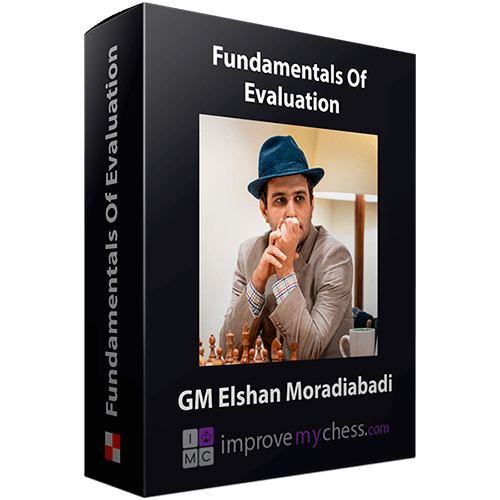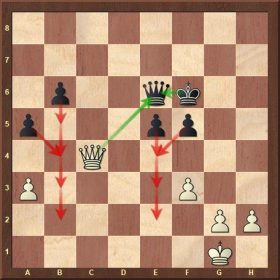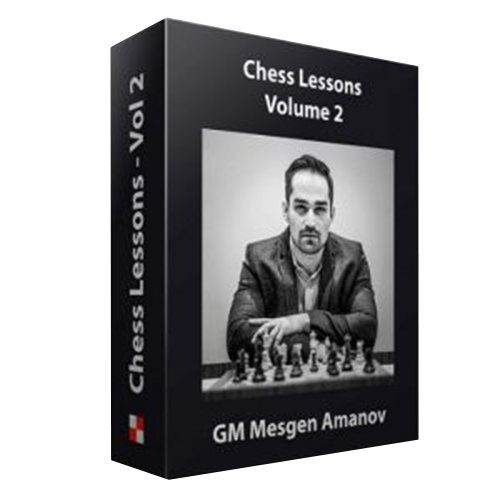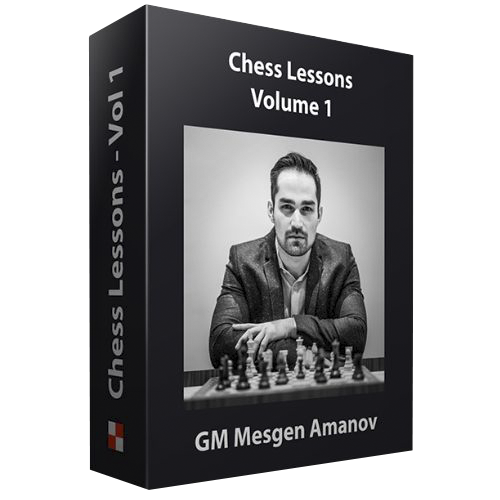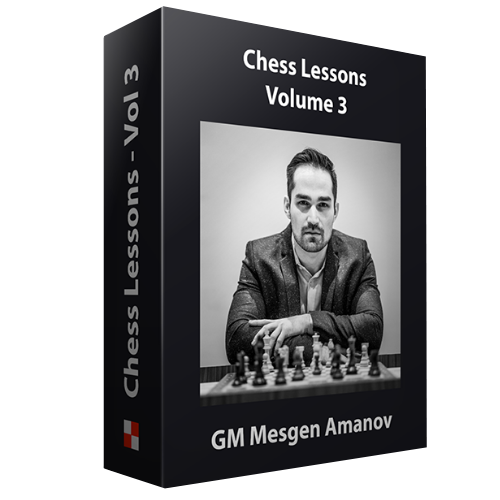GM Elshan Moradiabadi has spent nearly a decade analyzing dozens of books on the Evaluation of Positions. Elshan simplified the entire process and compiled his revolutionary evaluation method based on the '9 imbalances'.
Why engines are rated over 3600 Elo?
They have precise algorithms for super-accurate evaluation.
Why Grandmasters beat club players every single time?
Because GMs evaluate positions extremely well.
No question, evaluation is very important whether you are 1200 or 2500 Elo.
Let me give you just one example of how incorrect evaluation loses games. Tom traded queens thinking the ending is equal.
White to move
Oh boy, what a mistake! 4 Moves later he realized what happened, but it was 4 moves too late… so he resigned.
Every club player drops hundreds of Elo points due to poor evaluation!
But that won’t be you.
GM Elshan Moradiabadi has spent nearly a decade analyzing dozens of books on Methods of Evaluation. Elshan simplified the entire process and compiled his revolutionary evaluation method based on the ‘9 imbalances’.
Here is what you’ll learn:
- How to evaluate positions like a Grandmaster using the ‘9 Imbalances Method’?
- Using the “pawn hoops” to unleash a powerful attack on your opponent’s king
- Getting an instant development advantage in open positions
- Starting a game-winning flank attack, according to Anatoly Karpov
- Minor piece comparison blueprint – how to improve and trade pieces
Ready to add a couple of hundred Elo points without spending months on openings, tactics, and endgames? Apply Elshan’s evaluation blueprint and watch your rating grow.
What’s Included?
LESSON 1: Basic Understanding of Evaluation
LESSON 2: Development Advantage in Open Positions
LESSON 3: Development Advantage in Closed Positions
LESSON 4: Positional Play – Nine Imbalances
LESSON 5: Dynamic Play – Good Knight vs Bad Bishop
LESSON 6: Two Bishop Advantage
LESSON 7: Weak Squares and Outposts
LESSON 8: Imbalances – Practical Demonstration
Bonus: Complete PGNs
